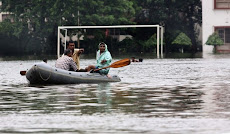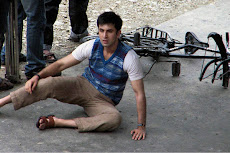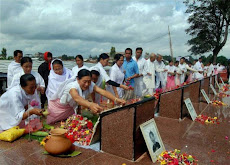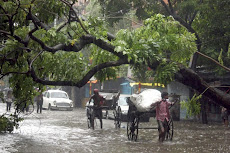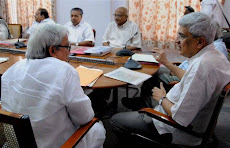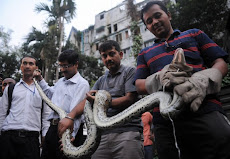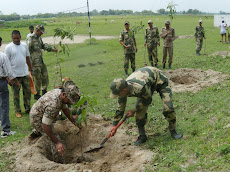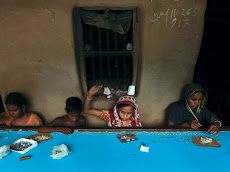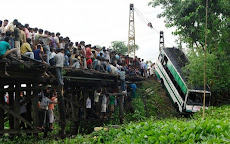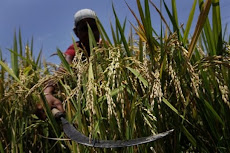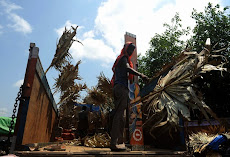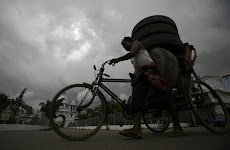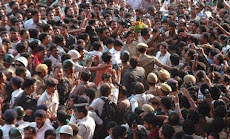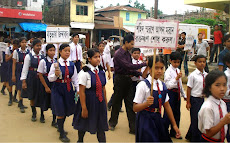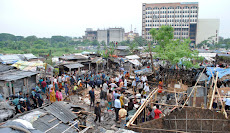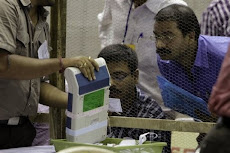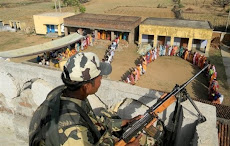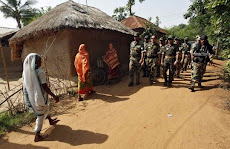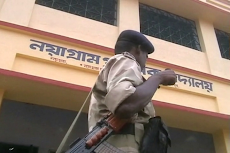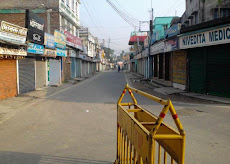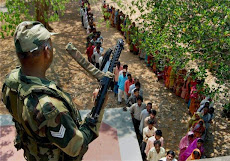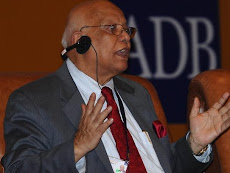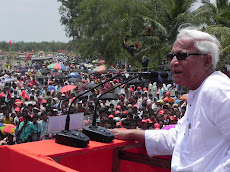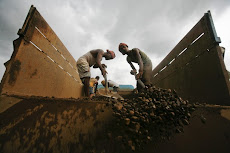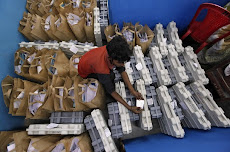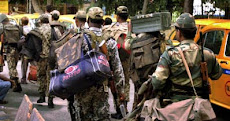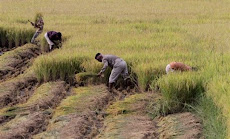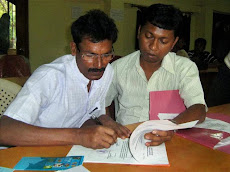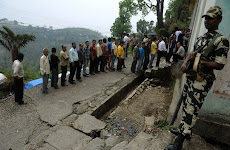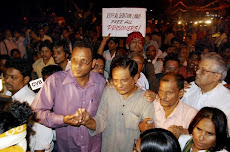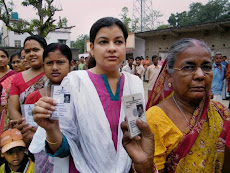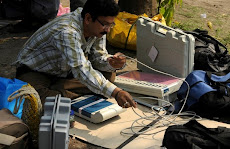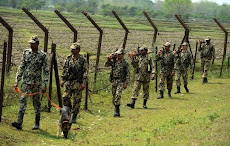Schools that had stopped operating when the security forces camped in their premises are functioning once again, and there has been considerable improvement in public transport. But that is where the good things stop.
Dherua along with Amlia, Boro Pelia, Choto Pelia, Amjhor, Dharampur, Ghowmichowk Bhulagora, Narcha, Kantapahari, Kumar Bandh and Ramgarh were the places where the Maoists and their associates, People's Committee Against Police Atrocities (PCAPA), had been deeply entrenched after their movement gathered steam in November 2008.
On 18 June last year, paramilitary troopers launched their operations to flush out the Maoists. Then came a series of visits by ministers and senior officials who spoke to people and held meetings to look into the reasons for backwardness. A committee of bureaucrats toured the areas extensively, raising the prospect of massive development. But West Midnapore district magistrate Narayan Swarup Nigam admits that development work has not been upto the mark. "Compared to last year, the situation is better. But in reaching the fruits of development, the core Maoist area lags far behind the rest of the district. Locals are also pessimistic because of regular shutdowns and non-functional panchayats," Nigam told IANS. "The fear factor is also there."
When the security operations were launched, 37 schools became virtually out of bounds for students as the forces camped in the premises. Today, the students seem happy that regular classes are being held. Locals, however, give credit to the Kolkata High Court for the resumption of studies in schools. "Because the court intervened and ordered the government to ensure the forces to vacate the schools, our sons and daughters can go to the school now," said a resident of Choto Pelia on condition of anonymity.
One positive outcome has been the public transport system, which had earlier been in tatters. With PCAPA activists digging up roads, felling trees and laying them across highways and blowing up culverts, transport had been paralysed in the region. But now buses and other vehicles run smoothly. "Now common people, the Maoists and the PCAPA have realised the importance of public transport. So we don't face any problem except during shutdowns," said a Sarenga-Midnapore route bus driver. But the biggest hindrance is the absence of panchayat work.
"Due to the Maoist threat, several panchayat members belonging to the ruling CPI(M) have either resigned or do not dare to come to office," the official said. Many Panchayat Samiti and Zilla Parishad members have left their homes and taken shelter in safer areas. At Gidhni, a big seed farm is now inoperative as the joint forces are housed there. In Jhargram town, work in several administrative offices is paralysed as these have had to accommodate police personnel posted. Said district magistrate Nigam: "We are doing some development work. We are trying to carry out work under NREGA."
"Work on rural electrification and irrigation has started. But irrigation projects are getting delayed as contractors and labourers are too afraid to work. "The rebels have called nearly 200 shutdowns in the last year. That has also affected development work. The banks also did not function properly as funds could not reach them in time for the strife. So we could not pay NREGA wages at times," he added. န Photos : Reuters, AP
--------------------------------------------------------------------------------------------------www.bengalnewz.com-----



